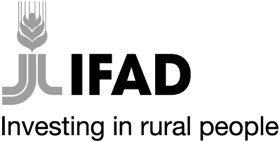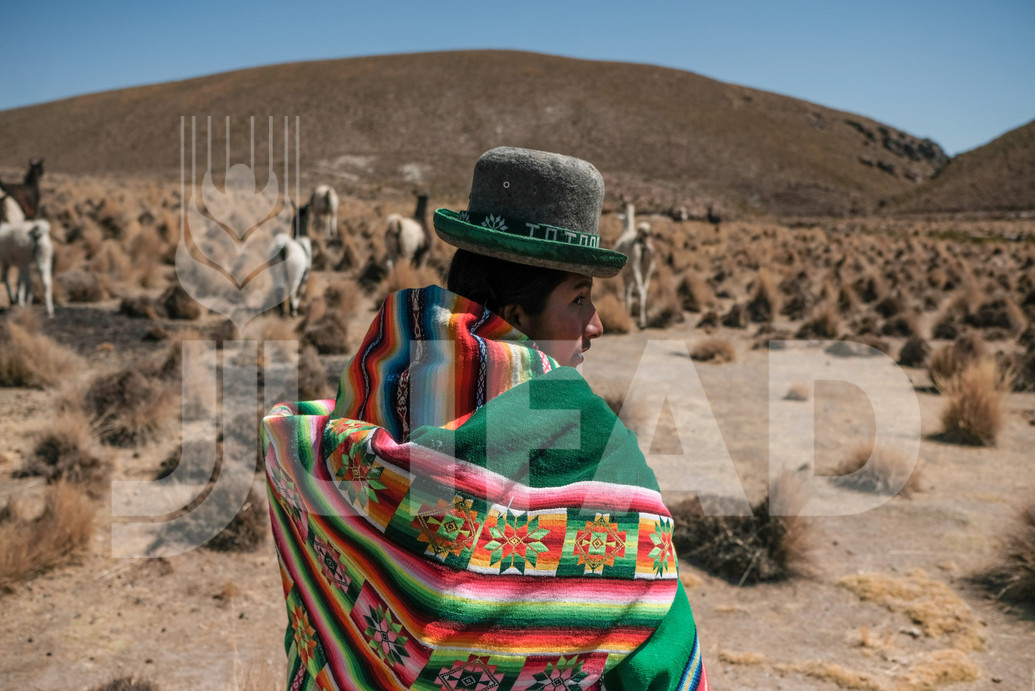| ID: | 83957 |
|---|---|
| Country: | Bolivia |
| Title: | Bolivia - Integral Strengthening Programme for the Camelid Value Chain in the Bolivian High Plateau (Pro-Camélidos) - October 2023 |
| Description: |
Verónica Calle Chuquichambi's days start very early, no matter whether she is in Caracollo, a municipality near San Pedro de Totora where she is from, or in the Chojñacota community, which belongs to San Pedro de Totora. In the first place she lives with her husband and her two and a half year old son, she gets up at five in the morning to prepare and sell food in the street; in Chojñacota she must see to it that her llamas and alpacas start grazing before the sun rises. "The llamas are already used to living like this." She is one of the beneficiaries of the construction of a shed so that her animals do not get cold and can be well protected from threats such as foxes or pumas that lurk in these places in search of, mainly, baby llamas and alpacas that are useless after falling into their jaws. This shed was made possible with the help of the Program for the Integral Strengthening of the Camelid Complex in the Bolivian Altiplano (Pro-Camelidos) with financing from the International Fund for Agricultural Development (IFAD). Pro-Camelidos, known as the "Program for Integral Strengthening of the Camelid Complex in the Bolivian Altiplano. This program focuses on improving the living conditions of families linked to the camelid complex and increasing livestock productivity. Developed in municipalities in La Paz, Oruro and Potosí, it was made possible thanks to a Financing Agreement signed in 2016 by the Plurinational State of Bolivia and IFAD. Since then, the Bolivian government has led this project, focusing on raising livestock productivity and implementing climate change resilient actions to address the challenges of the camelid producer sector. These challenges include low productivity, inadequate livestock management, limited availability of pasture and water, the impact of climate change, the expansion of the quinoa agricultural frontier, and lack of access to essential services and markets. |
| Size: | 12.25 MB; 6000 x 4007 pixels; 508 x 339 mm (print at 300 DPI); 1588 x 1060 mm (screen at 96 DPI); |
| Show more details: | CARLOS SANCHEZ |
| Copyright: | ©IFAD/Carlos Sanchez |
| Categories: | New from Latin America and the Caribbean |
| URL: | ifad.org |

